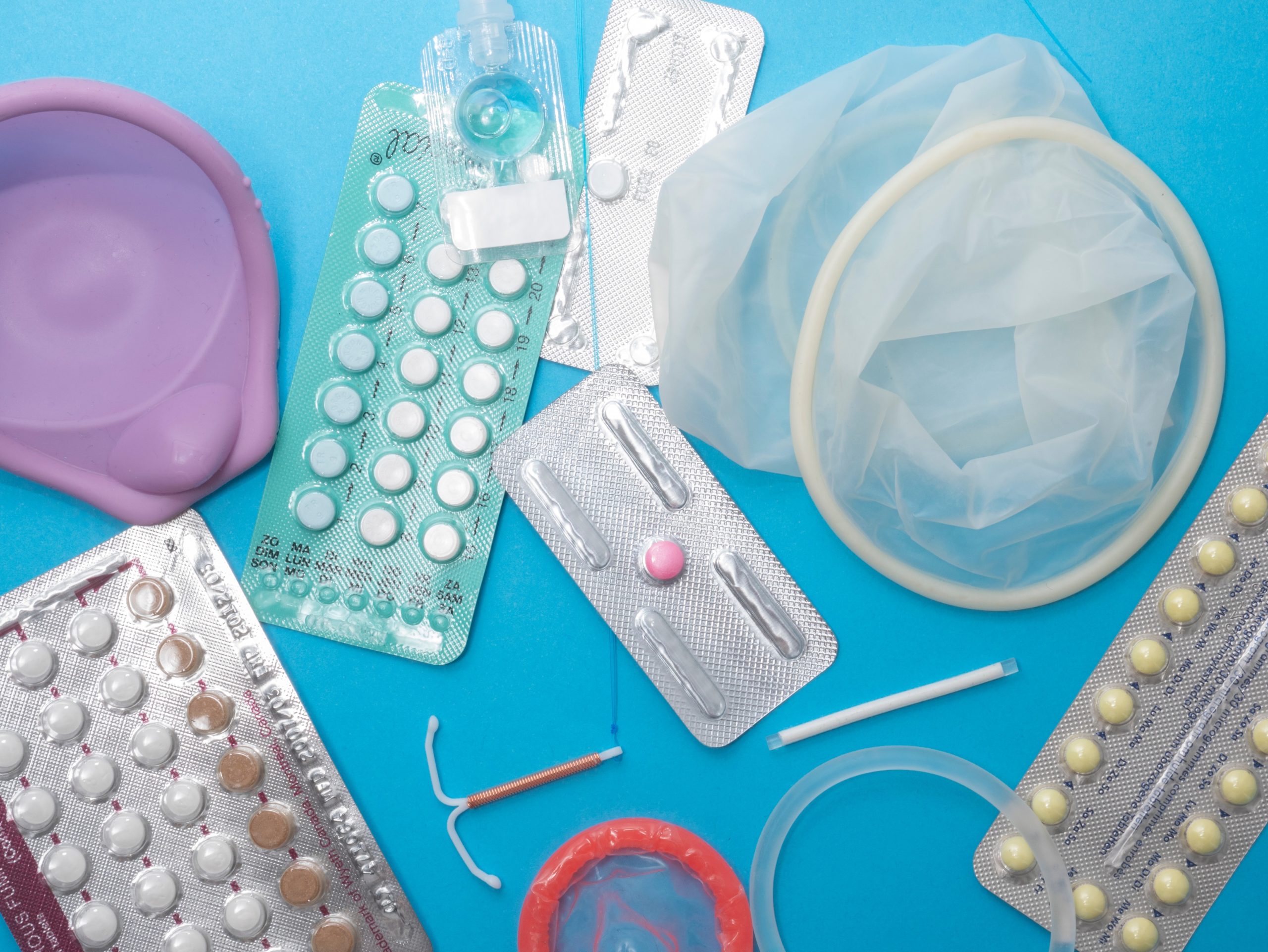Here’s how to use the free contraceptive scheme

Here’s how to use the free contraceptive scheme
Words: Eva O’Beirne
Confused about contraception? Feeling pressure around the cost of protection? Here’s all of your questions about the free contraceptive scheme answered.
The Health (Miscellaneous Provisions) (No. 2) Act 2022 came into effect last week, saving people between the ages of 17 and 25 hundreds of euro each year. The State now covers the cost of prescribed contraception as well as the cost of consultations.
The average cost of a consultation to discuss contraceptives is 60 euro, while a follow-up appointment costs 45 euro.
The average cost of a contraceptive pack is between five and eight euro. A single pack typically lasts a month. The EllaOne emergency contraceptive costs 60 euro.
The average cost of a coil insertion, refit and removal is 510 euro, while the average cost of hormal implant contraceptive is 440 euro.
The announcement of the scheme was greatly appreciated by the population but now we’ve been left wondering – how exactly do we get all of this for free?
First things first – what does the government scheme actually cover?
According to sexualwellbeing.ie the following are now free to people with a uterus between 17 and 25:
- GP or doctor’s appointments – to talk about contraception options and for repeat prescriptions when needed
- prescriptions given by your doctor – these will be free of charge at participating pharmacies
- your choice of contraception – we’ll talk about this later
- fittings and removals of implants and IUDs or IUSs (also known as coils)
- any check-ups or other follow-up care needed, relating to your implant or coil
- emergency contraception (morning after pill)
Before you schedule your initial GP or doctor’s appointment, ask the receptionist if they are participating in the scheme! Otherwise, you could get stung with a hefty bill.
So you’ve made it to the appointment – what next?
Well, your doctor will chat with you about your options, but it’s good to know the full menu. You can currently choose between short-acting contraceptives like the contraceptive pill, patch or ring, or long-acting reversible contraceptives such as an implant, injection, IUD or IUS.
When it comes to paying for both your appointments and prescriptions, you don’t need a medical card but you will need to give your PPS number, name, date of birth and address at the GP and pharmacy.
But what if I don’t have a GP?
The HSE is hoping to expand this service to other healthcare providers soon, such as women’s health clinics, family planning and student health services.
And emergency contraception is definitely covered?
Yes but only in participating pharmacies. You will need to give your PPS number, name and address at the pharmacy too.
Condoms are not covered under the scheme but you can find free condoms at third-level colleges and sexual health clinics around the country.
Time to book your first appointment!
So now you’re all set to start saving money while still getting healthcare! If this is your first time availing of contraception, it might feel a bit awkward to talk to a stranger about it.
Don’t worry – doctors have seen it all. Just make sure to explore all your options, ask questions and never feel silly about wanting to keep healthy!
Elsewhere on District: Dublin Christmas lights to be turned off early each night this year